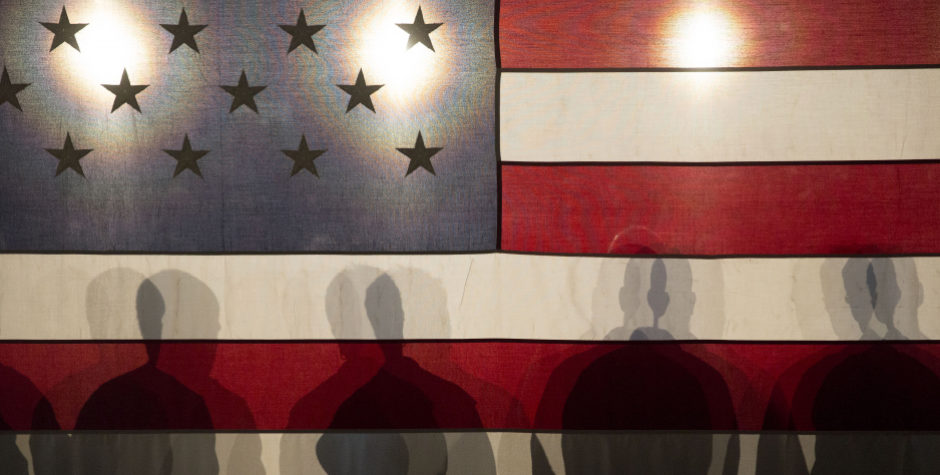ACLJ Urges Supreme Court To Hear Key Case Involving Leftist Doxing of Conservatives and the First Amendment Right To Association for Political Advocacy
Last week, the American Center for Law and Justice (ACLJ) filed an amicus brief in two related cases, Americans for Prosperity Foundation (AFP) v. Becerra and Thomas More Law Center (TMLC) v. Becerra. Both cases began in California when the Attorney General required all charities to submit lists of their major donors. To make matters much worse, the Attorney General posted the information on the internet.
The information was accessible to the public and immediately exposed those donors to the threat of harassment and retaliation. Both organizations had experienced such harassment, including death threats, against their donors and employees in the past. The California Attorney General’s actions escalated the threat to a whole new level.
If you follow the news, you know that retaliation against those with unpopular political views is on the rise. Even some of our nation’s elected leaders promote the harassment of those with conservative political views. Doxing (exposing the private information, often on the internet, of individuals with whom one disagrees) is pervasive, and it empowers the harassment of people in their homes and places of employment. Recent examples include Rep. Maxine Waters encouraging retaliation against Trump cabinet officials and Rep. Joaquin Castro’s doxing of Trump donors.
The California Attorney General’s public disclosure of AFP’s and TMLC’s donors is clearly unconstitutional. The Supreme Court has long held that compelled disclosure of an organization’s donors and members violates the First Amendment right to associate for the purpose of advancing political views. From the founding of our nation, the right to advocate anonymously for one’s political beliefs has been an important First Amendment value.
A California district court issued an injunction forbidding the California Attorney General from continuing to demand lists of charities’ donors. But then the liberal Ninth Circuit reversed, believing the Attorney General’s promise that he would secure the website, even though repeated past efforts to do so had failed. The Ninth Circuit dismissed the threat to the safety of AFP’s and TMLC’s donors.
AFP and TMLC asked the Supreme Court of the United States to grant review, and the ACLJ filed an amicus brief in support. In our brief, we pointed out several instances in which government officials have harassed those with different political views, and argued that “the internet’s power, combined with the toxic polarization of the day, have catapulted the value of political anonymity to its apex.”
We urged the Court to grant heightened protection for those who associate with others to advance political causes and do not want to become the target of harassment from political opponents.
With your invaluable support, we fought the IRS when it targeted Tea Party groups for discriminatory treatment because of their political views. In filing this amicus brief, we are continuing the fight to protect Americans’ right to freely associate with others without fear that they will be retaliated against for their political associations.
